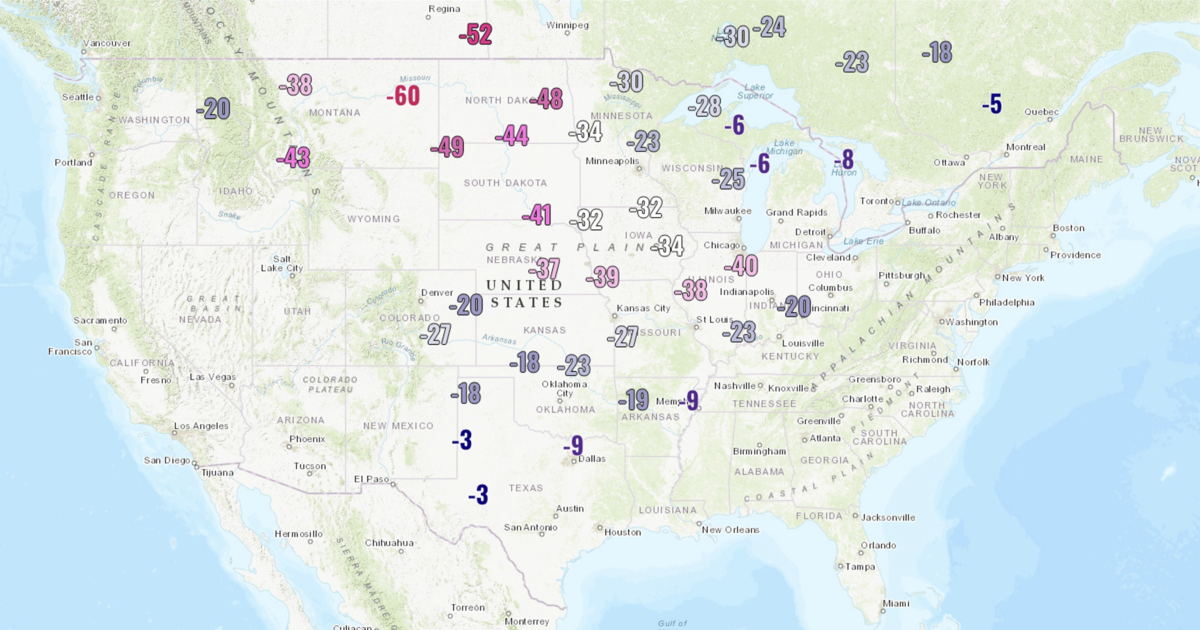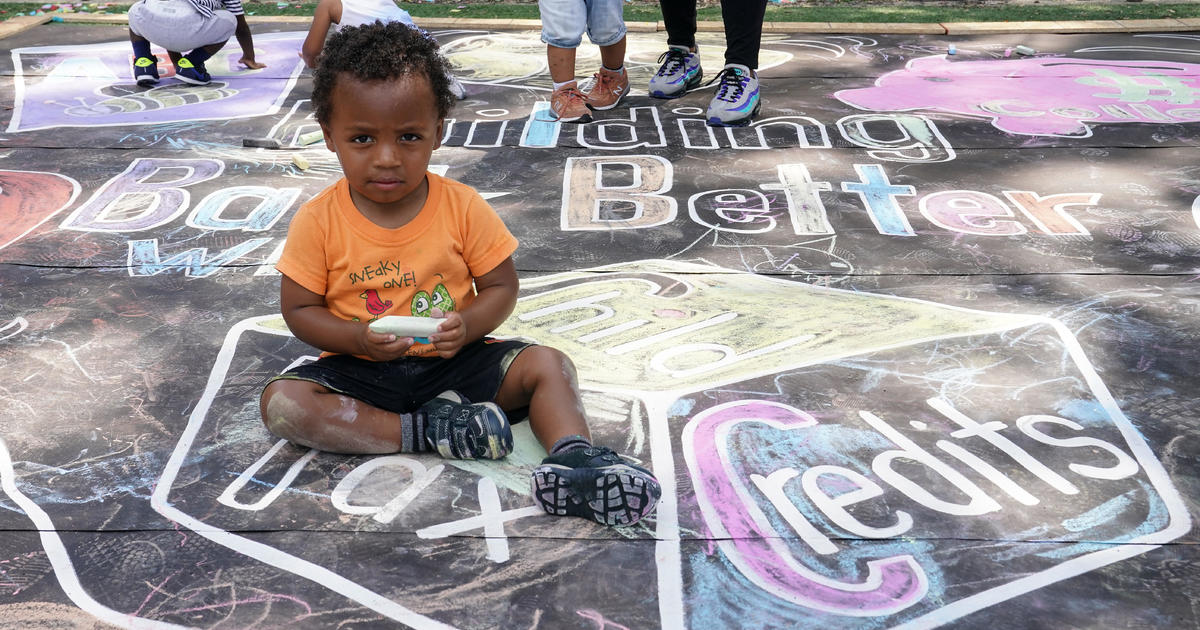Is masking coming back? As new COVID variants emerge, here's what experts say.
As three new COVID-19 variants are spreading across the country, many people are wondering: Are masks coming back?
While the Centers for Disease Control and Prevention have not announced new mask mandates, some schools and businesses are reinstating this familiar pandemic-era rule — and depending on your situation, experts say you may want to consider it too.
"People 65-plus and people who are immunocompromised should strongly consider masking during flu, RSV, COVID season while in indoor public spaces," said Dr. Céline Gounder, a CBS News medical contributor and editor-at-large for public health at KFF Health News. "And for everyone else — it all depends on what their risk tolerance is."
CBS News chief medical correspondent Dr. Jon LaPook says he likes to use the "weather report analogy" for the general public.
"What's the weather out today? If it's raining, you will probably want to bring an umbrella. If you are in an area where there is an uptick in airborne respiratory infections like COVID, flu or RSV, you may want to take extra precautions, such as wearing a high-quality mask in indoor public spaces," he said.
COVID variants and masks
After COVID hospitalizations climbed nearly 22% this week, the CDC is predicting further increases over the coming month as new variants spread. This replaces previous projections from the agency that admissions would "remain stable or have an uncertain trend."
In a 2021 "60 Minutes" interview, virologist Paul Duprex explained the current (and future) emergence of new variants — a concept applicable to the current situation.
"Is there anything we can do to stop the virus from mutating so much?" LaPook asked Duprex at the time.
"We can certainly stop it making as many mutations by stopping it infecting as many people — if we block its transmission, if we wear a mask, if we get vaccinated, if we do social distancing," Duprex said.
After news broke about the BA.2.86 variant earlier this month, the CDC said the agency's advice on protecting yourself from COVID-19 — which includes wearing a high-quality mask among other recommendations listed on its website — "remains the same."
When determining when to be especially careful, LaPook said he thinks about what he'll be doing the next two weeks.
"If I really cannot afford to get sick, or I am going to be seeing somebody who is at increased risk for a bad outcome if infected, I will take extra precautions," he said.
Still, some experts fear it could be hard to convince Americans to don masks again even if COVID cases continue to rise. Dr. Danielle Ompad, an epidemiologist at the NYU School of Global Public Health, said "It's a bit like putting the genie back in the bottle." Still, she has personally started wearing a mask again recently in crowded places, where the risk of exposure is greater.
"If I were with people who aren't public health-trained, I would wear a mask, particularly in crowded situations, because I really don't have time for COVID. Mask mandates are challenging because they make people really bent out of shape out of proportion to the ask."
On "CBS Mornings" Friday, Gounder added she'll be masking up for an upcoming flight — and says others may want to do the same.
"Who wants to get sick while on vacation?" she says. "If you're going to be in a crowded public place — the subway, an airplane, a crowded theater — those are the kind of places I would at least consider wearing a mask."
Though increased cases and hospitalizations are prompting precautions, Gounder says she doesn't see another lockdown in our future.
"That ship has sailed. Has sailed for years now," she said.
- Virus season is approaching. Here's expert advice for protection against COVID, flu and RSV.
- What is RSV, and why is it on the rise among children?
-Megan Cerullo contributed to this report.
for more features.



